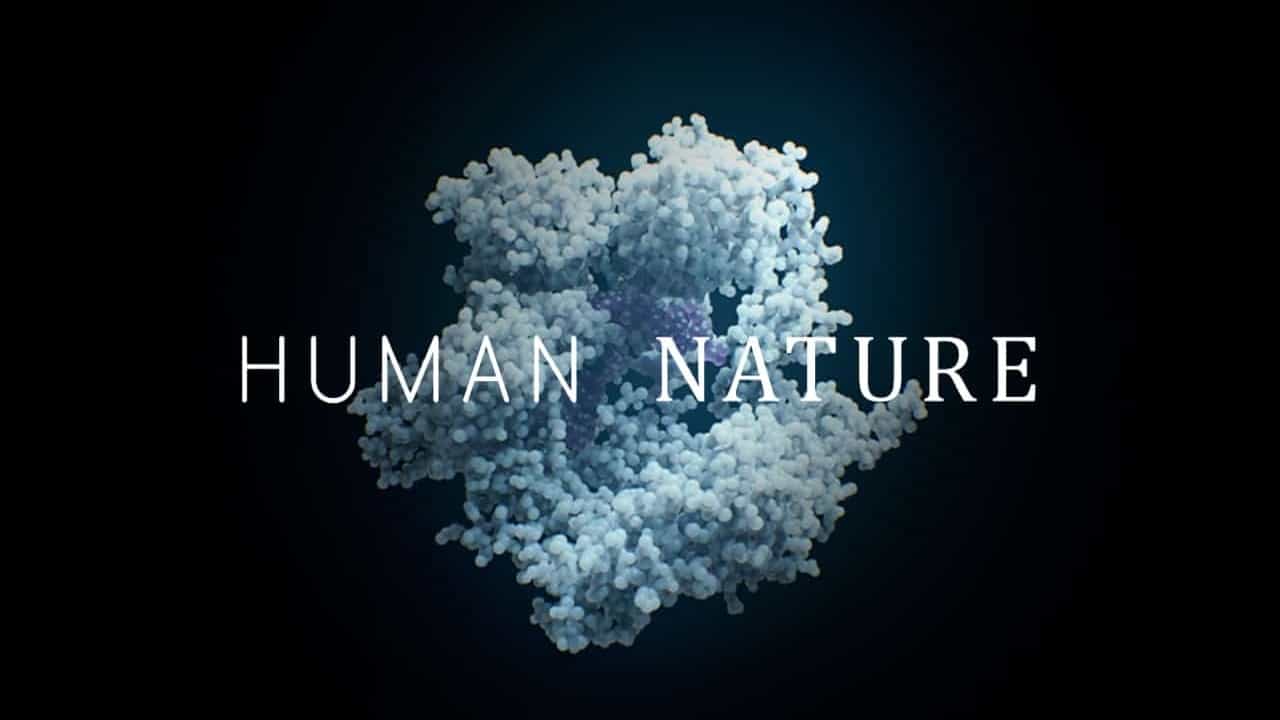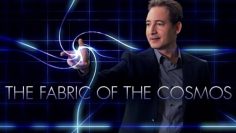Human Nature
Human Nature takes a look at the revolutionary gene-editing technology CRISPR and its profound implications for humanity. It examines the scientific breakthroughs, potential applications, and ethical dilemmas surrounding this powerful tool that allows precise manipulation of DNA.
The film begins by providing a clear and accessible explanation of CRISPR’s origins and mechanics. Through interviews with leading scientists, including Jennifer Doudna and Emmanuelle Charpentier, viewers learn how this bacterial defense mechanism against viruses was harnessed for gene editing. Engaging animations illustrate the intricate molecular processes involved, making complex concepts understandable to a general audience.
As the documentary progresses, it explores the wide-ranging potential applications of CRISPR technology. From treating genetic diseases to enhancing human capabilities, the possibilities seem both exciting and daunting. It presents personal stories of individuals who could benefit from gene therapy, such as David Sanchez, a young boy with sickle cell disease, and Ruthie Weiss, a girl with albinism. These narratives humanize the scientific discussion and highlight the real-world impact of genetic research.
Human Nature also tackles the ethical implications of gene editing, particularly when it comes to altering human embryos. It presents various perspectives from bioethicists, philosophers, and scientists, encouraging viewers to consider the potential consequences of this technology. Questions about “designer babies,” eugenics, and the line between treatment and enhancement are explored, prompting reflection on the nature of humanity itself.
The film touches on the potential use of CRISPR in agriculture, conservation, and even de-extinction efforts. Interviews with researchers like George Church discuss the possibility of resurrecting extinct species, such as the woolly mammoth, raising further questions about our relationship with nature and our role in shaping ecosystems.
Throughout, there is a palpable sense of both excitement and caution regarding CRISPR’s potential. While many scientists express optimism about the technology’s ability to cure diseases and solve global challenges, others warn of unforeseen consequences and the need for careful regulation. The documentary strikes a balance between these viewpoints, allowing viewers to form their own opinions on the ethical and societal implications of gene editing.










